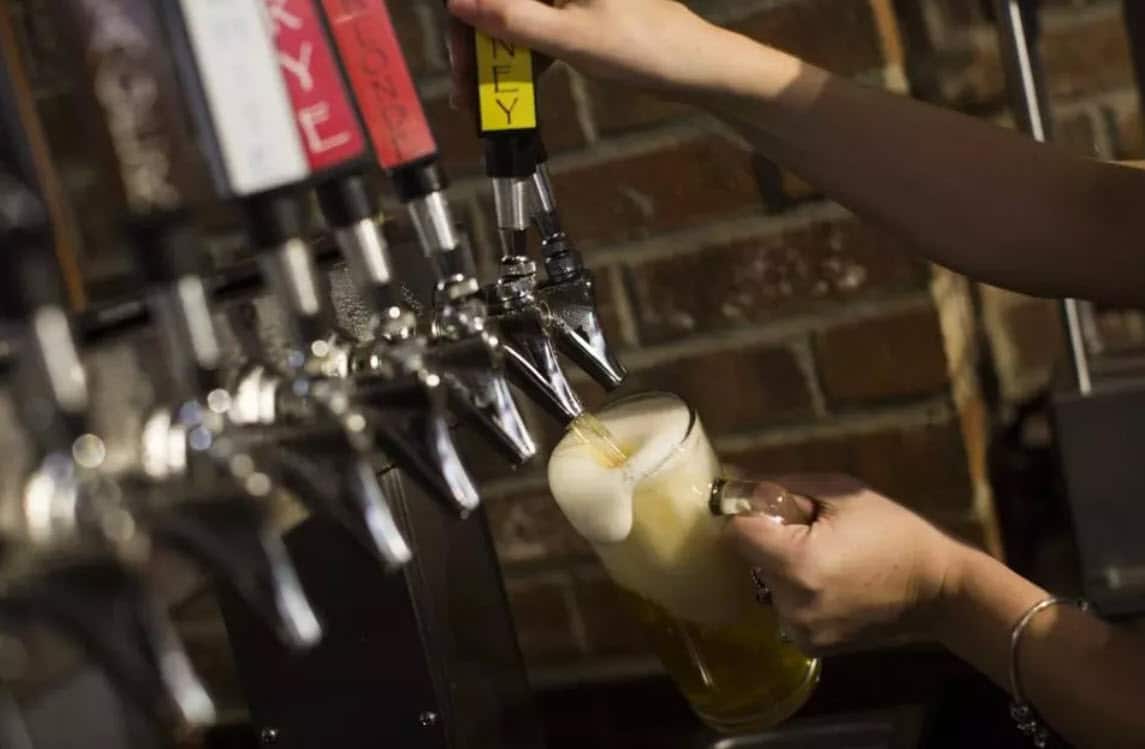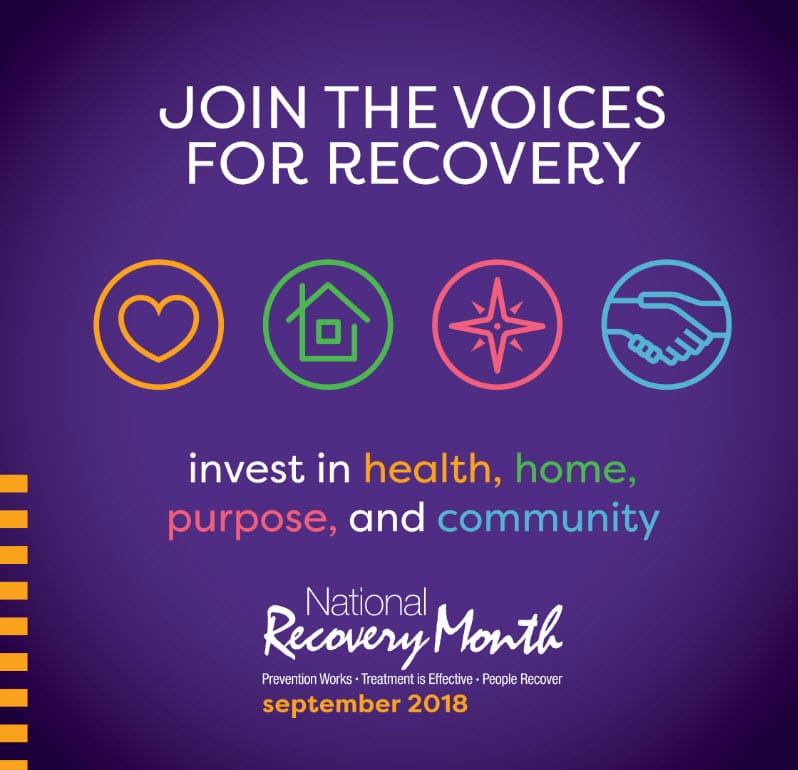
Written by Felice J. Freyer & published by The Boston Globe, the following article provides excellent tips to those who drink. Timely information for those who use, misuse, or abuse alcohol.
Alcohol is deeply ingrained in American life, central to our habits of socializing, celebrating, and relaxing. But the pleasure of these routines can keep you from noticing when drinking has become a problem.
You can drink too much without necessarily being addicted to alcohol. Although some people who drink excessively find they must abstain, many others can just cut back — and moderation often makes their lives better.
How do you know when it’s time to reassess your drinking? And if you want to drink less, how do you do it?
The Globe asked for tips from experts in alcohol use at Harvard Medical School, the Boston University School of Medicine, the VA Boston Healthcare System, and the National Institute on Alcohol Abuse and Alcoholism. Here’s what they said.
Signs that you might be drinking too much
- It’s starting to worry you or other people. Friends or relatives comment on your drinking.
- You’re drinking more frequently and alcohol is starting to take a bigger role in your life.
- You suffer from poor judgment while drinking, doing or saying things you regret when sober.
- You find that you’re drinking more than you planned.
- You can’t control how much you drink once you start.
Other reasons to cut back
Even if you’re not experiencing any of the problems listed above, it might be worth reducing your drinking if any of these apply to you:
- You’re not getting any younger. At some point after age 55, your body’s ability to process alcohol slows down, and you may get drunk or sick with amounts of alcohol that didn’t faze you in your youth.
- You have diabetes. Most alcoholic drinks pack a lot of carbohydrates.
- You have high blood pressure. Alcohol makes it worse.
- You’re overweight. Alcohol contains a lot of empty calories.
- You suffer from a mental illness, such as depression and anxiety. Alcohol can bring temporary relief but can make symptoms worse over time.
- You’re concerned about the health risks. John F. Kelly, Harvard Medical School professor of addiction medicine, lists the hazards: addiction can occur at any time; intoxication leads to accidents and injuries; and alcohol raises the risk of cancer, particularly breast cancer, and damages the liver.
Time to cut back? Here are some ways to do that.
Track your drinking and set a goal
- Learn what is a standard drink size. Twelve ounces of beer, five ounces of wine, and 1.5 ounces of 80-proof distilled spirits all have the same amount of alcohol. One martini is equal to 2½ standard drinks.
- Make a note every time you take a drink, advises Amy Rubin, a research psychologist with VA Boston Healthcare. Writing it down will reduce your drinking because you’ll be paying attention, and it’s also the best way to get an accurate tally.
- Then, decide how much you want to be drinking. One possible goal: the federal guidelines. These define low-risk drinking as having up to seven drinks per week with no more than three on any one day for women, or up to 14 drinks per week with no more than four on any one day for men.
Slow down
- Make sure to eat before and during drinking to slow absorption into the bloodstream.
- Start drinking later in the evening, to reduce the amount of time you have for drinking (but don’t drink close to bedtime or you’ll disrupt your sleep).
- Intersperse every alcoholic drink with a nonalcoholic one. Take small sips. Put the drink down between each sip.
- Choose drinks with lower alcohol content. Or dilute your drinks with ice cubes or seltzer.
Do something else
- “Ask yourself, why are you drinking? Try to find other things that meet those needs,” said Aaron White, senior scientific adviser to the NIAAA director. If you drink to relax, for example, try a yoga class or a swim instead.
- Change your routines. Perhaps go for a walk, or see a movie during the time you would normally be drinking.
- Avoid places where you expect to see a lot of drinking. Even if you go to a bar, get up and play a game of pool or do something other than sitting there drinking.
Take a break
- Try abstaining for 30 days. You’ll find other ways to spend your time and money and get a sense of what it feels like to be alcohol-free. For many that means better sleep, more energy, and better memory. And your tolerance for alcohol will go down, so when you resume drinking you can get the same effect with less.
- If you don’t want to take a month off, try taking a day off here and there. Make sure there are some alcohol-free days each week.
Be kind to yourself
Don’t beat yourself up if you don’t succeed at first. It’s hard to break habits, and few succeed on the first try. Try different methods or set different goals.
“It’s a trial-and-error process,” said Justin L. Enggasser, an assistant professor of psychiatry at the Boston University School of Medicine. “The people that are most successful are the ones who keep trying and keep it as learning process.”
Face facts
If you still can’t reach your goals, no matter what you do, your drinking problem might be more serious than you realized. The NIAAA ( https://www.niaaa.nih.gov/alcohol-health/overview-alcohol-consumption/alcohol-use-disorders ) offers a helpful description of alcohol use disorder and a “navigator”to help you find treatment.
The Council on Recovery provides prevention, education, and treatment programs for individuals and their families dealing with alcoholism, drug abuse, other addictions, and co-occurring mental health disorders. Start at The Council. We can help. Call 713-942-4100 for more information or contact us online.

 National Recovery Month (Recovery Month) increases awareness and understanding of mental and substance use disorders and encourages individuals in need of treatment and recovery services to seek help. Recovery Month celebrates individuals living their lives in recovery and recognizes the dedicated workers who provide the prevention, treatment, and recovery support services that make it possible.
National Recovery Month (Recovery Month) increases awareness and understanding of mental and substance use disorders and encourages individuals in need of treatment and recovery services to seek help. Recovery Month celebrates individuals living their lives in recovery and recognizes the dedicated workers who provide the prevention, treatment, and recovery support services that make it possible. The story of Homer’s Odyssey, to which we keep returning as a classic Hero’s Journey, ends with Odysseus finally back in Ithaca reunited with his family. He has traveled all over the Aegean and Mediterranean Seas in a ten year quest to get here, suffering all kinds of ills, some incredibly gruesome, but many of his own making. His long journey to get home has caused many to believe that he is dead and, as a result, his Kingdom on Ithaca has been overrun by young men seeking to convince his wife, Penelope, to recognize that as fact and marry one of them, so that he could become King.
The story of Homer’s Odyssey, to which we keep returning as a classic Hero’s Journey, ends with Odysseus finally back in Ithaca reunited with his family. He has traveled all over the Aegean and Mediterranean Seas in a ten year quest to get here, suffering all kinds of ills, some incredibly gruesome, but many of his own making. His long journey to get home has caused many to believe that he is dead and, as a result, his Kingdom on Ithaca has been overrun by young men seeking to convince his wife, Penelope, to recognize that as fact and marry one of them, so that he could become King.